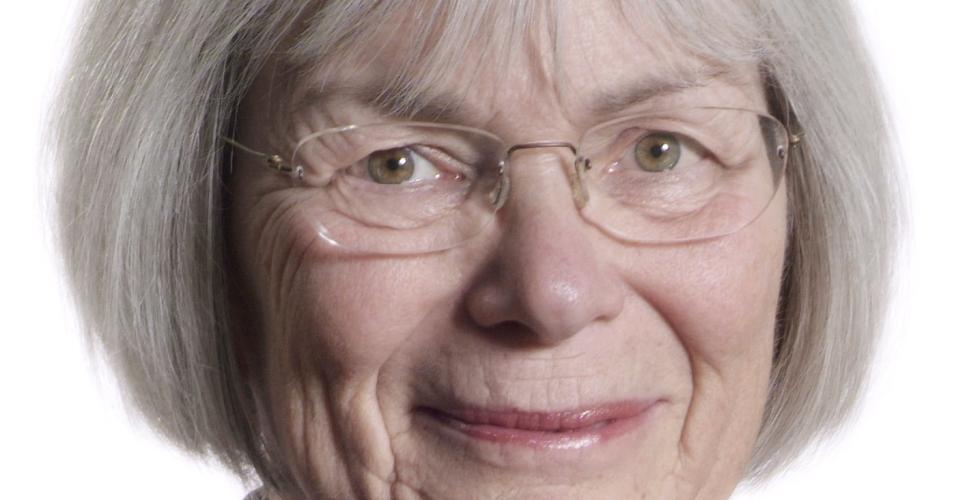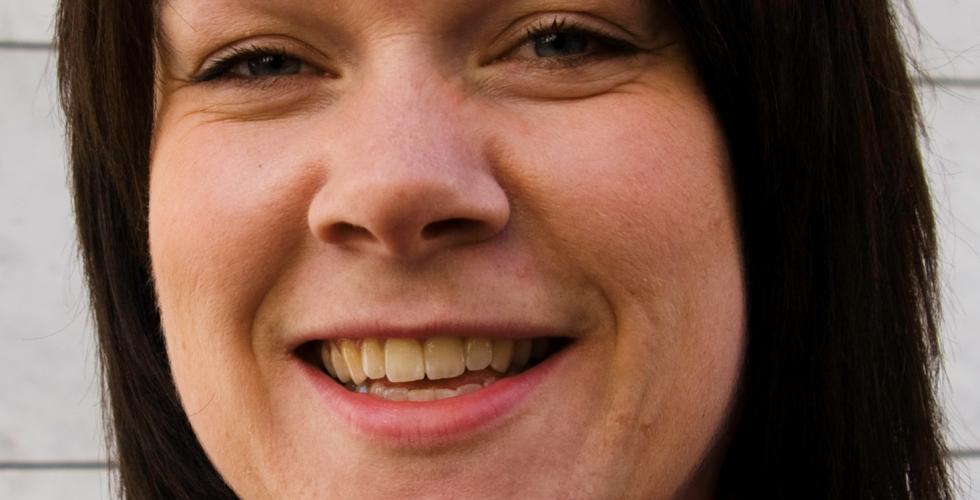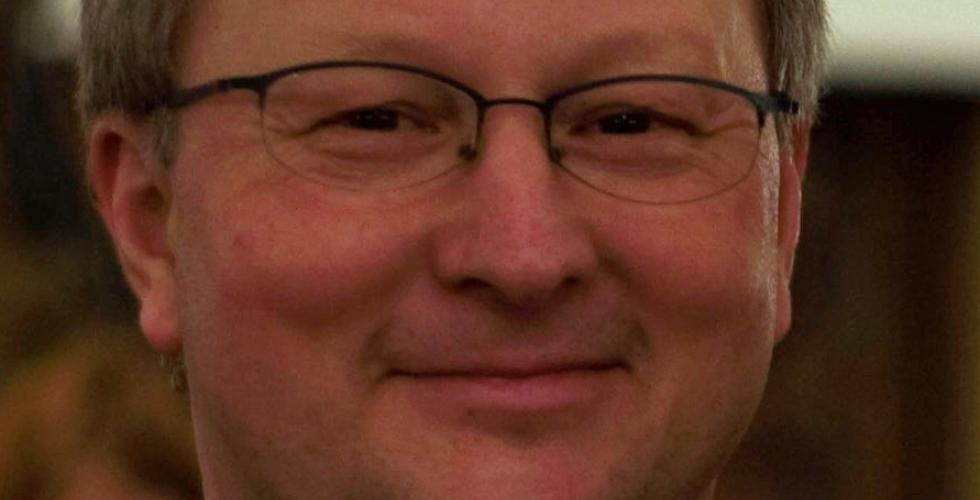New interest in networks
"We are finding that we fill a gap," says Laila Bokhari, who is coordinator of Women and Security, one of the 15 new and existing networks gaining new impetus this spring with funding from the Committee for Mainstreaming – Women in Science.








